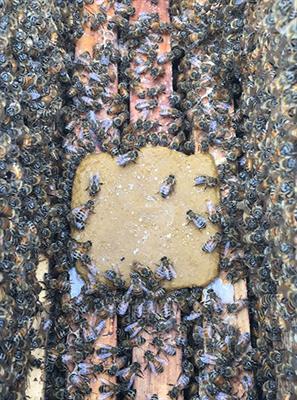EDITORIAL
Published on 13 Jan 2023
Editorial: Pollen as food for bees: Diversity, nutrition, and contamination
doi 10.3389/fsufs.2022.1129358
- 1,180 views
7,946
Total downloads
57k
Total views and downloads
EDITORIAL
Published on 13 Jan 2023
ORIGINAL RESEARCH
Published on 12 Aug 2022
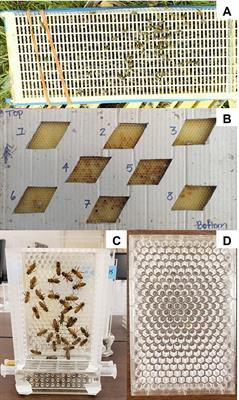
ORIGINAL RESEARCH
Published on 04 May 2022
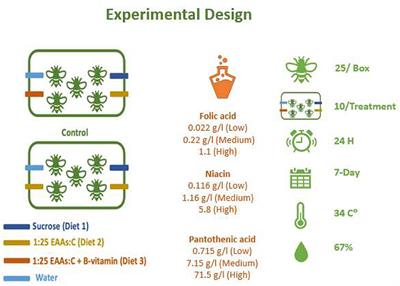
ORIGINAL RESEARCH
Published on 03 May 2022
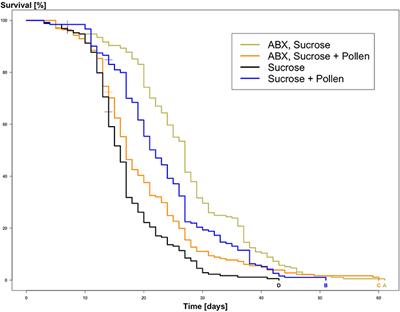
REVIEW
Published on 14 Apr 2022
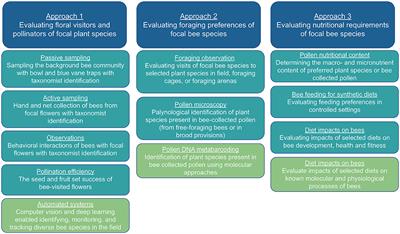
ORIGINAL RESEARCH
Published on 31 Mar 2022
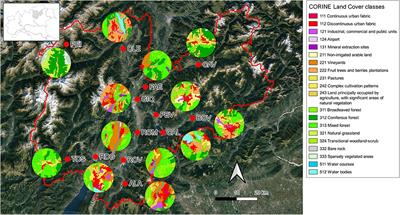
ORIGINAL RESEARCH
Published on 10 Mar 2022
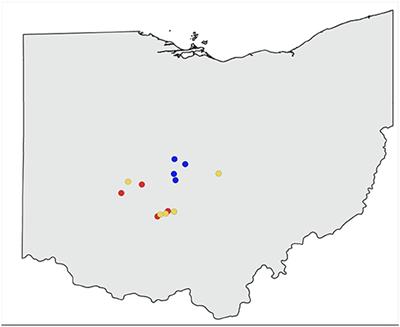
ORIGINAL RESEARCH
Published on 04 Feb 2022

REVIEW
Published on 10 Nov 2021
